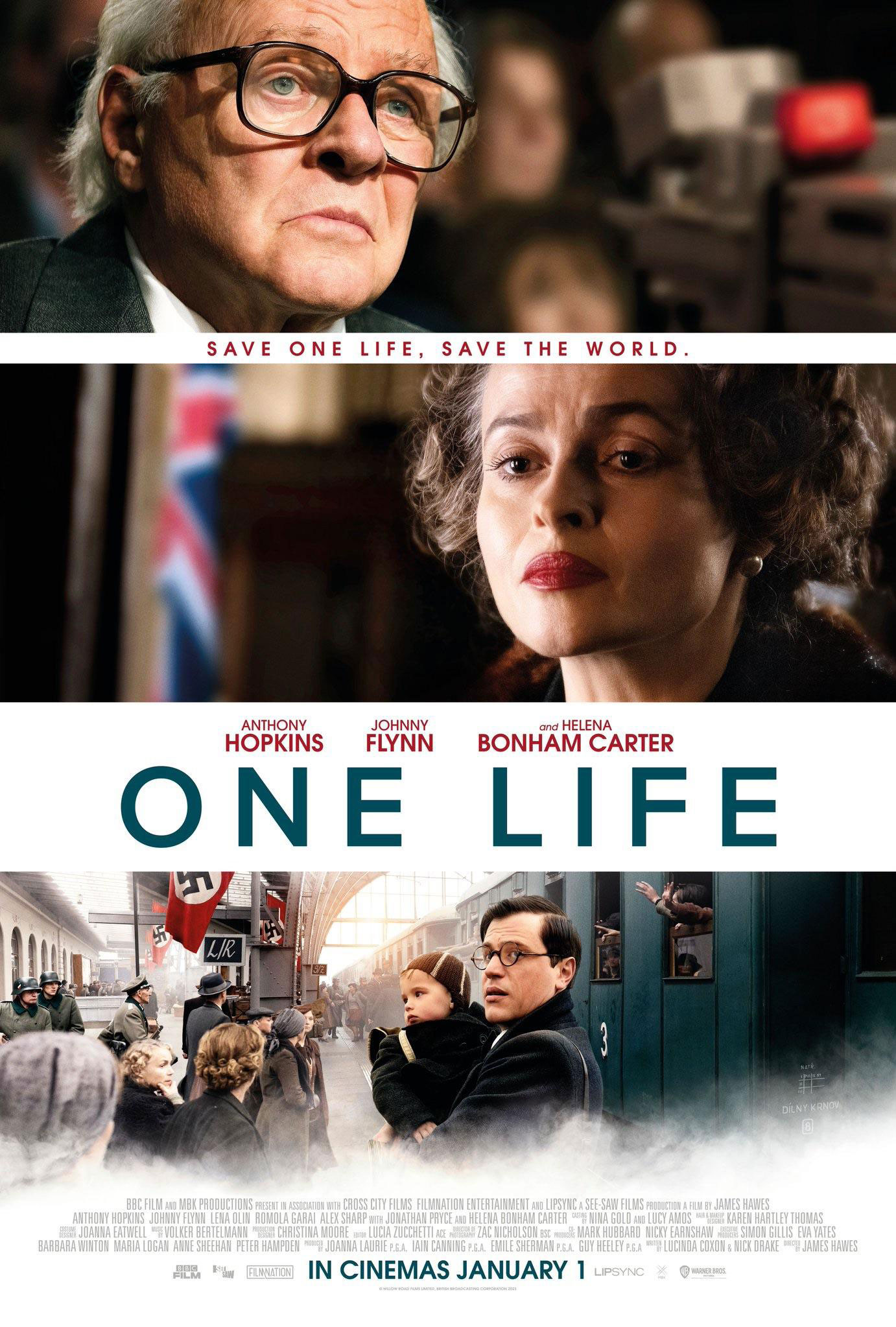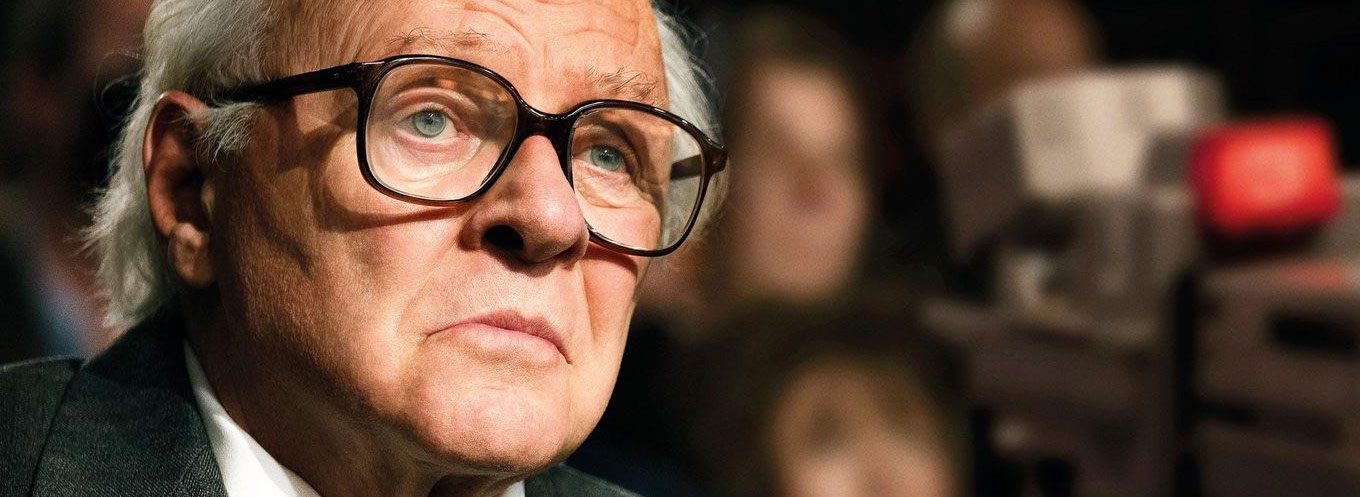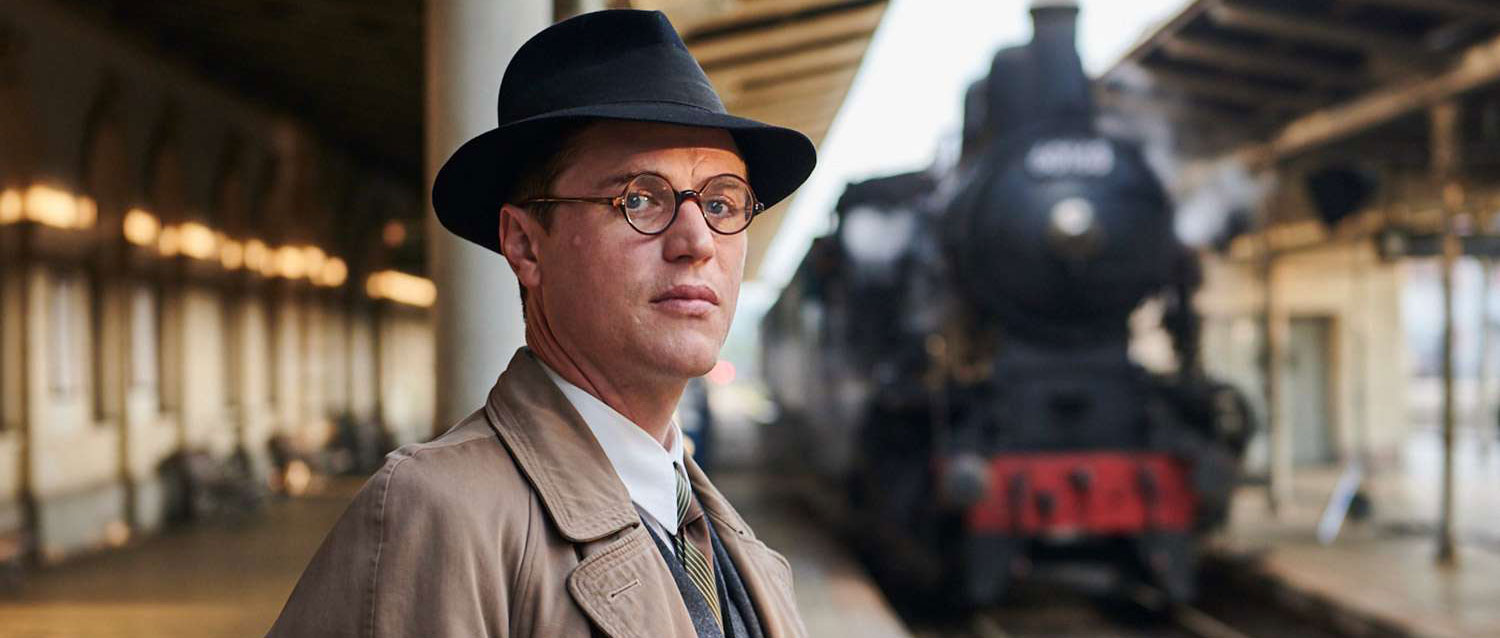
Director: James Hawes
Writer: Lucinda Coxon, Nick Drake
Cast: Anthony Hopkins, Johnny Flynn, Romola Garai, Alex Sharp, Helena Bonham Carter, Lena Olin
Producers: Iain Canning, Guy Heeley, Joanna Laurie, Emile Sherman
Music: Volker Bertelmann
Cinematographer: Zac Nicholson
Editor: Lucia Zucchetti
Cert: 12 (TBC)
Running time: 110mins
Year: 2023

What’s the story: In the late 1980s, retired stockbroker Nicholas Winton (Hopkins) recalls his part in rescuing hundreds of Jewish and refugee children from Czechoslovakia on the eve of World War II.

What’s the verdict: Surprising that the life of Sir Nicholas Winton has taken so long to reach the screen. This story about a humanitarian, whose extraordinary work rescued hundreds of children from the Holocaust on the Kindertransport, has all the beats Tinseltown loves. The real-life moments from the BBC series That’s Life of Winton meeting the children he rescued, now middle-aged adults, are among the most moving moments in British TV history.
But some stories are worth the wait. James Hawes, hitherto a TV director, keeps this BBC co-funded film squarely aimed at the mainstream, but moments of genuine heartbreak and terror in Nazi-controlled Prague avoid chocolate-boxing the Holocaust.
Although flashing back and forwards between the older Winton and his younger 1930s self (sensitively played by Johnny Flynn), the story is a straightforward telling of the remarkable bravery he and others performed when the Nazi noose closed around Europe. All the more remarkable given that Winton was a stockbroker in 1938, who went to Prague and realised something terrible was about to happen.

While Germany wanted to purge Europe of Jews and other “undesirables,” the reality was that only children stood any hope of escape. This meant Winton (himself born to Jewish-German parents) had to convince distrustful locals of his good intentions. Including a rabbi in one well-played scene, understandably wary of this stranger eager to split up families and send children to the UK and away from their culture.
There then followed a desperate scramble to secure as many visas as possible in Prague and the UK, with Winton joined by Romola Garai’s Doreen Warriner, head of a British committee for helping refugees, and Alex Sharp as her colleague Trevor. Back in Britain Winton’s mum, a crowd-pleasing Helena Bonham Carter, is giving jobsworth bureaucrats what-for at the time they’re taken to grant visas to the children. In Europe, transports are subjected to terrifying inspections by Nazi soldiers, contemptuous and baffled by the UK’s willingness to give sanctuary to Jewish children.
Dialogue reminds us that debates about refugees and immigrants today are depressingly similar to those back in the 1930s, and the risks of what can happen when governments prioritise public opinion over people’s lives. The enormity of what was achieved, and the tragedy of knowing what was about to happen makes One Life a real tearjerker.
Helping here is Anthony Hopkins, excellent as the aged Winton. Living a comfortable life in Maidenhead, he’s still doing charity drives and finally acquiesces to wife Lena Olin’s suggestion he tell people about what he and others did before the war. Not wanting to glory hunt, he is also haunted by guilt that he was unable to save more lives. A scene when Winton pauses to consider what happened to a train that didn’t make it across Europe is one of the finest moments of Hopkins’ career.
Oddly, One Life fumbles Winton’s 1988 That’s Life appearances. Rushing through what actually happened, the impact of these moments of TV is almost entirely lost. A sweet coda rescues the ending, but the film’s close does not match the power of what has come earlier. Still worth the ticket price for the performances of all involved, and moments in the 1930s sequences that will haunt the memory.
Rob Daniel
Letterboxd: RobDan
Podcast: The Movie Robcast
